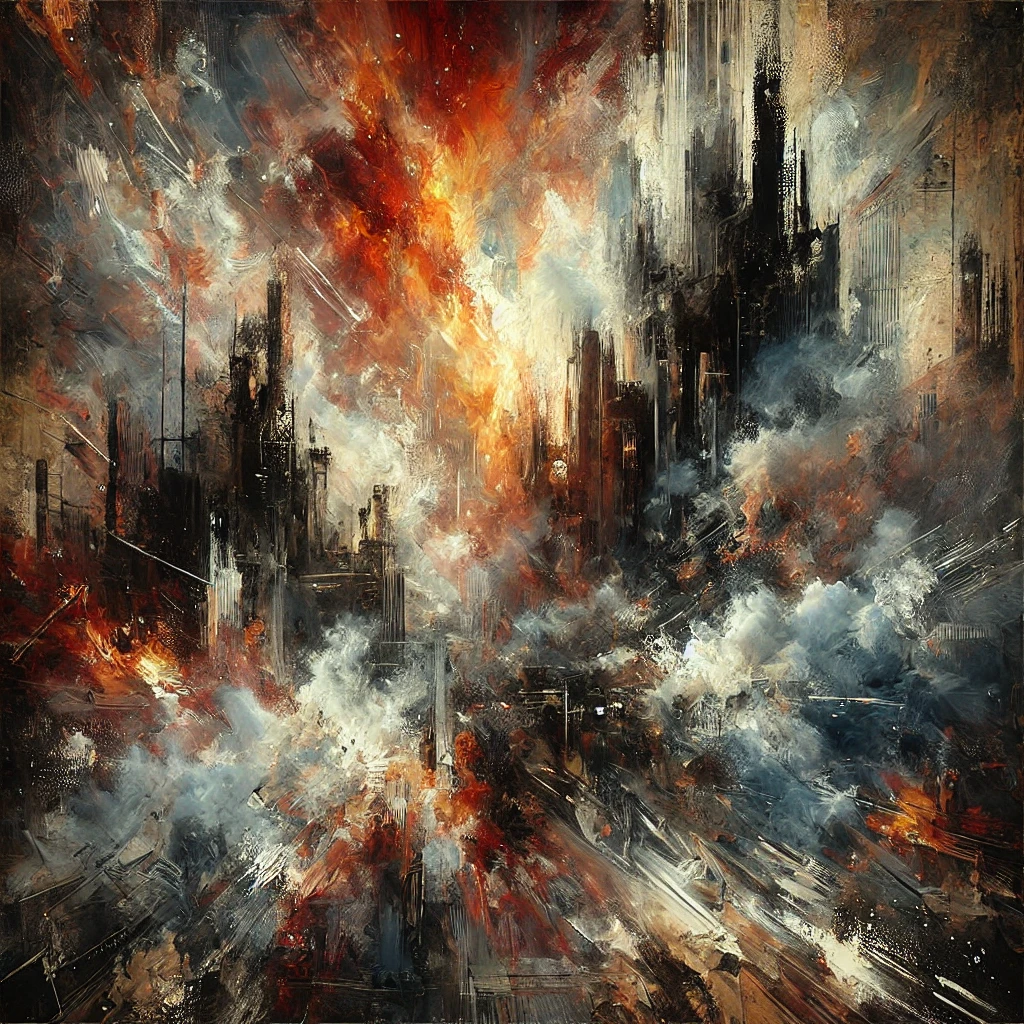mistakes are raw materials
Social correction is good for you.
It's good for all of us. We need to make social mistakes and learn from them. Saying the wrong thing — rude, awkward, or insensitive — gives us the chance to get feedback and grow.
I'm not saying go out and offend people deliberately. A chief ethical rule: do not increase suffering in the world, especially consciously.
What I'm trying to get at is a courage to make mistakes and see them as opportunities to learn.
Remember how expensive college is? Well, life lessons aren't free either. Sometimes the more expensive ones are the ones that give us the best lessons.
A social mistake can indeed cost us a friendship, a relationship, or a business opportunity. That is the cost.
The cost of a mistake isn’t like buying a guaranteed lesson — it’s like buying the option to learn one. You still have to choose to reflect, to learn from it—to actually cash in that potential lesson.
You don't automatically learn lessons just by making mistakes.
Like any investment, the value comes not just from the input, but what you choose to do with it. That’s where the blacksmith comes in.
Mistakes are the raw materials. You have to go through the process of breaking down those materials and transmuting them into something you can use. Like melting iron and then forging it into a hammer—the mistake is the iron, the learning is the forge, and the lesson is the hammer. You must be the blacksmith, the alchemist, who takes these mistakes and turns them into a tool for the future.
I've made more mistakes in life than I care to count or admit. I've lost friends because of those mistakes—whether it be losing my temper, saying something insensitive, or just not showing up enough to keep a friendship going. Many times, people aren't going to tell you that you wronged them—there's often too much risk in that, and many of us prefer to keep safe by just distancing ourselves. So when we do something and notice that someone has distanced themselves, we may have to search for the lesson. Did we make a mistake? Is there something that we did that may have caused the other person to suffer?
I tend to take too much accountability. It’s easy for me to ask ‘what could I have done better?’ without always acknowledging the other person’s role in a social dissonance. Still, I find power in that — I’d rather claim agency by focusing on what’s in my control.
If there was an axiom I could instill in my younger self—not just as a phrase but as a deep knowing—it is that we all make mistakes. They are part of life. They are opportunities to grow. They are not permanent injunctions or banishments. They are not reflective of your value.
The value isn’t in the mistake—it’s in what you create from it. What you forge from failure becomes the thing that helps you build.
